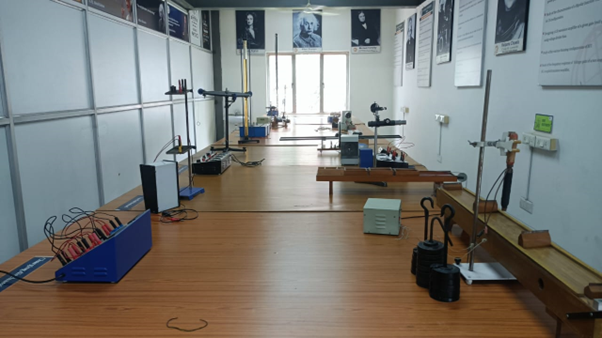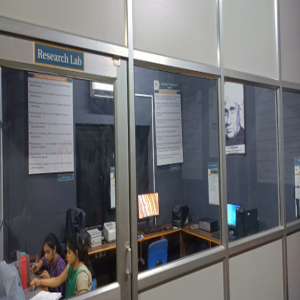
The Postgraduate (PG) Physics Laboratory is designed to provide in-depth experimental training aligned with advanced topics in physics. It aims to enhance students' analytical abilities, research skills, and proficiency in handling sophisticated instruments.
The lab includes specialized experiments in areas such as Solid State Physics, Nuclear Physics, Spectroscopy, Quantum Mechanics, Advanced Electronics, and Nanoscience. Students work with high-end equipment like X-ray diffractometers (XRD), Klystron, Gun Diode Hall effect setups, four-probe systems, GM counters, optical interferometers, digital storage oscilloscopes (DSO), and semiconductor characterization kits.
The PG lab encourages critical thinking, error estimation, and result interpretation, preparing students for research, teaching, and...




-Physics-in-Association-with-Intel-FICE-thumb-thumb.jpg)
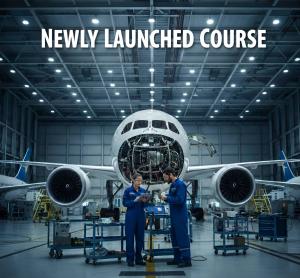
-thumb-thumb.jpg)
-thumb.jpg)
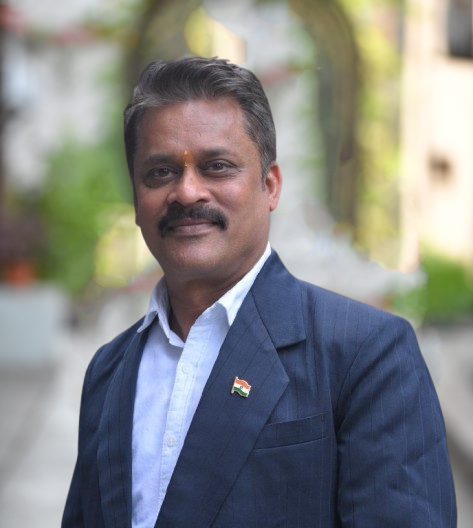
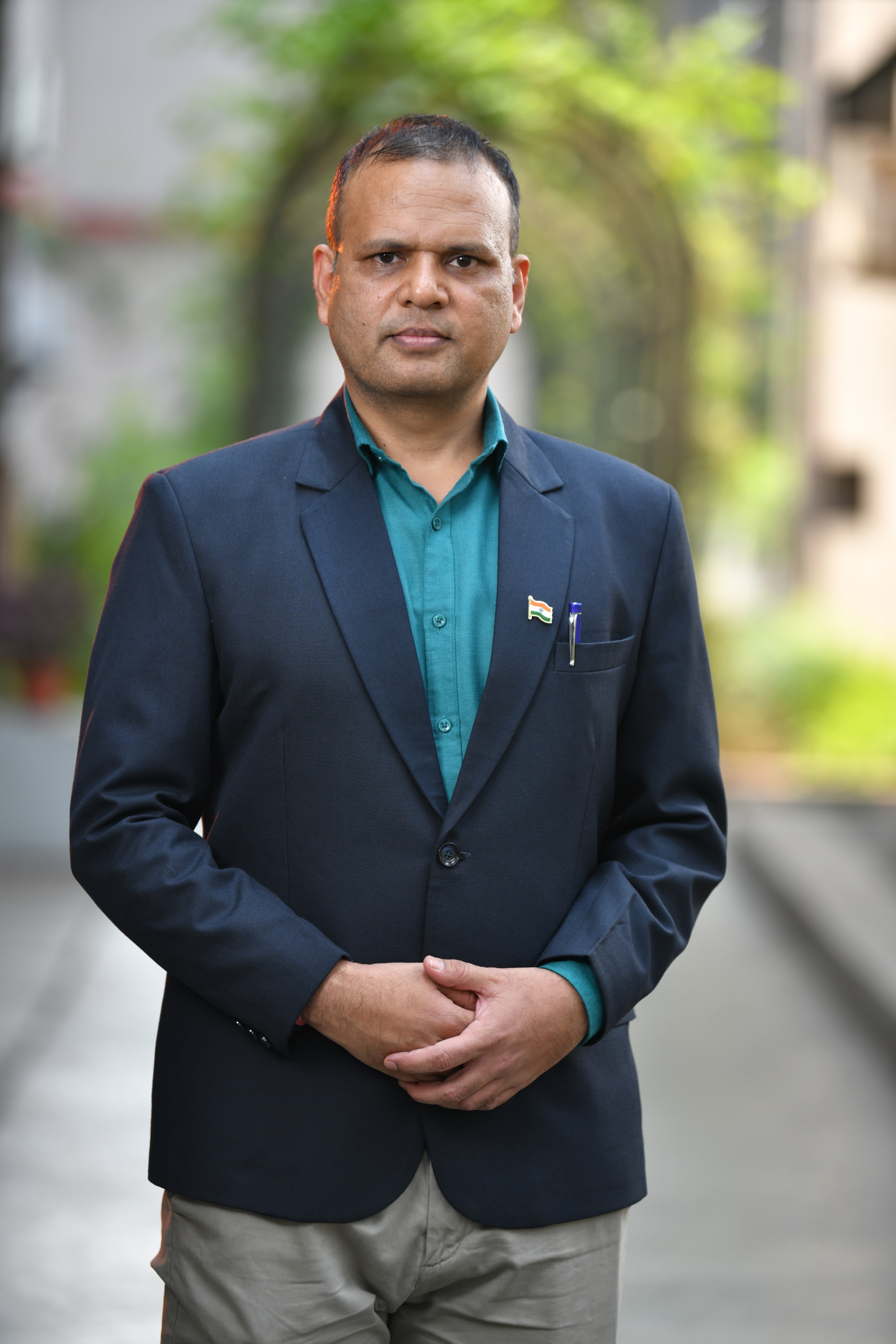

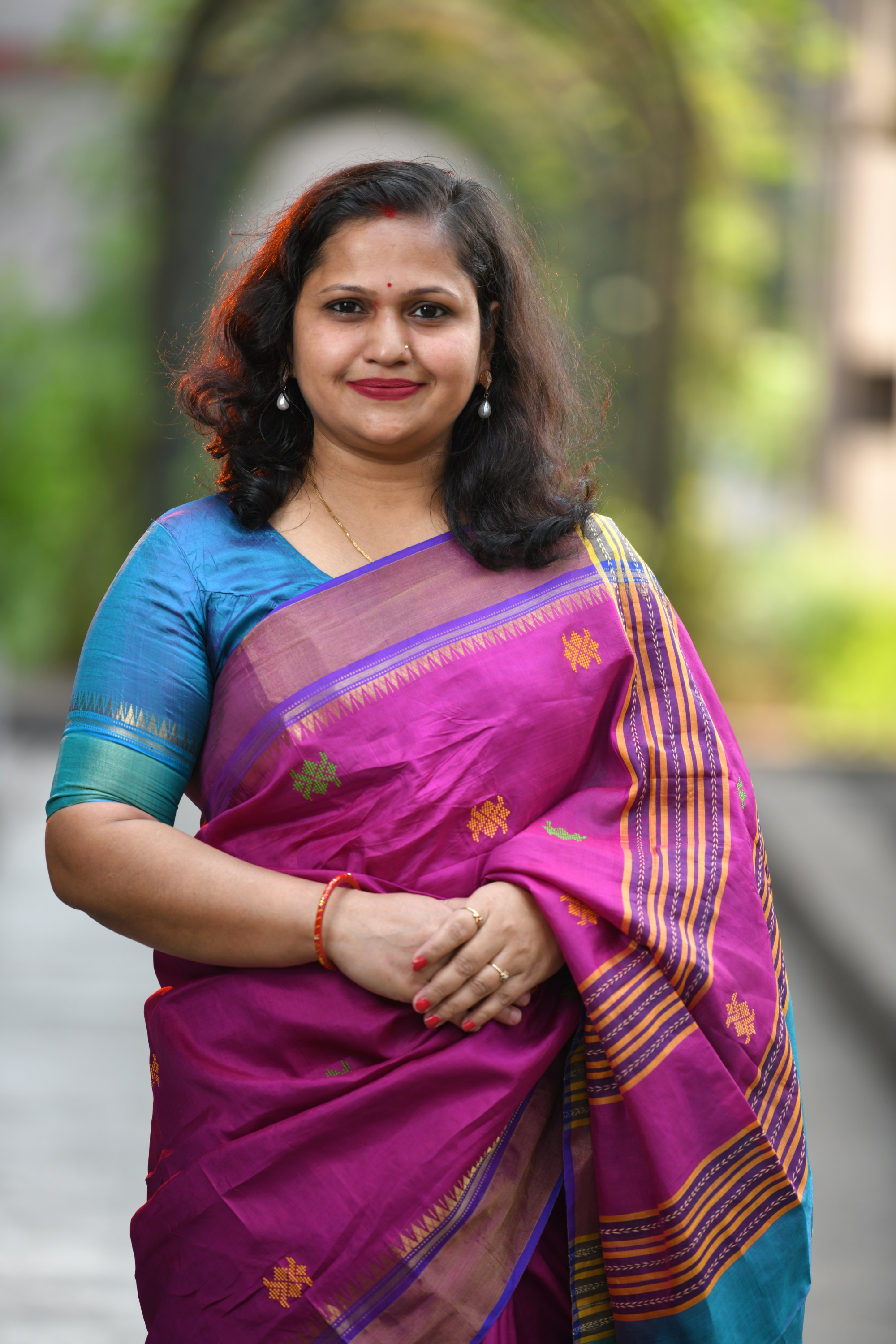
.jpg)
.jpg)
